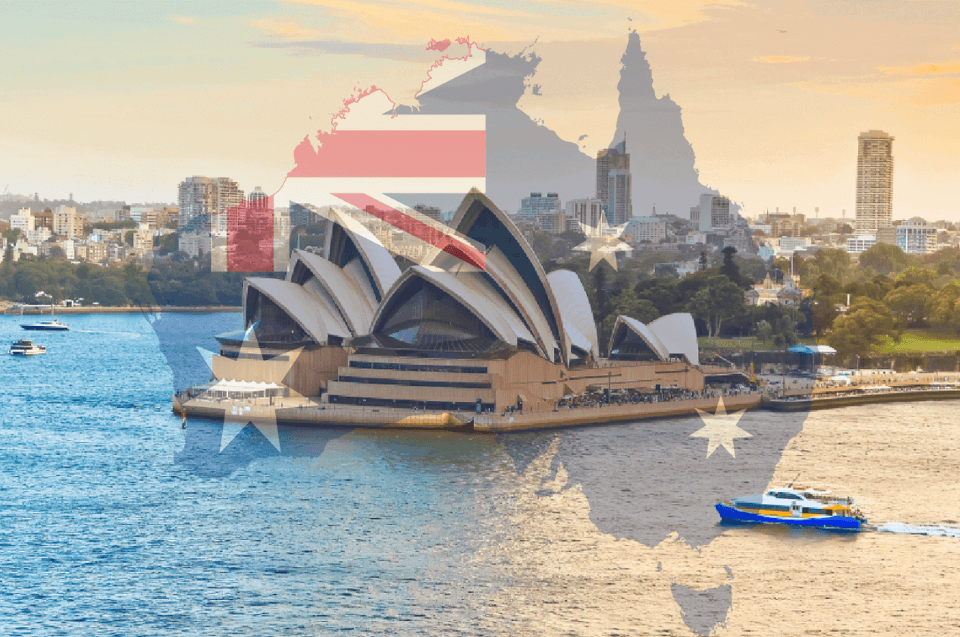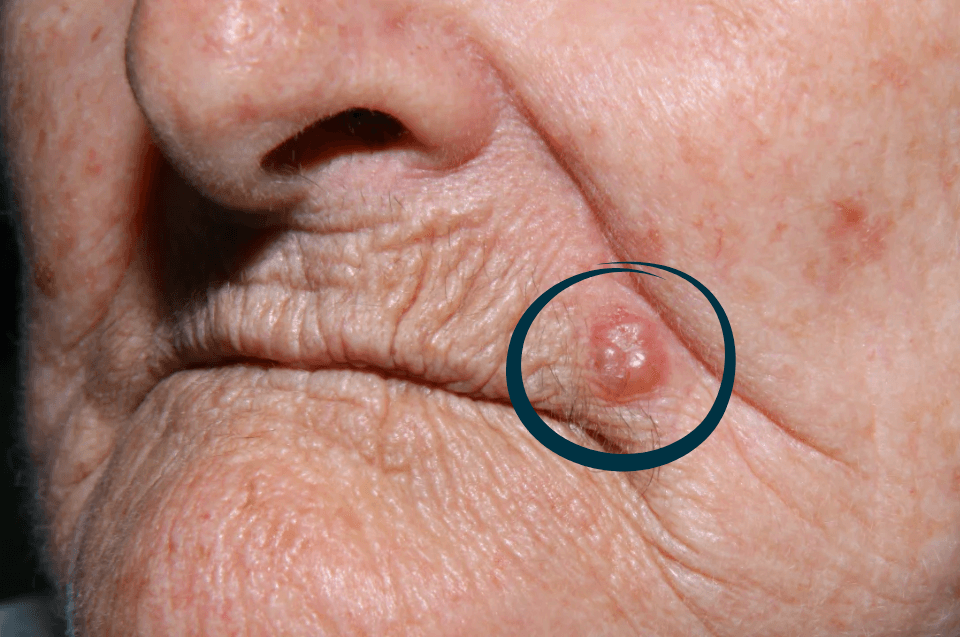Why Prepare for Australia? 🦘🌊
With its paradise beaches, modern cities like Sydney and Melbourne, and the unique landscapes of the Outback and Great Barrier Reef, Australia is one of the world’s most sought-after destinations.
But to enjoy it safely, preparation is essential — the country has strict immigration and medication rules.
Most Common Health Issues in Australia 🩺📊
Cardiovascular diseases – Leading cause of mortality.
Skin cancer (melanoma) – Very prevalent due to intense UV radiation.
Chronic respiratory diseases (asthma, COPD) – Common in some dry regions.
Type 2 diabetes – Linked to sedentary lifestyles.
Tropical infections – Rare, but possible in remote northern regions.
Health Concerns for Tourists 🌡️🧳
Sunburn – UV radiation is extremely high, even on cloudy days.
Dehydration & heatstroke – The dry, hot climate demands constant hydration.
Marine animal stings – Jellyfish, sea urchins, and crocodiles in some areas.
Accidents during hikes or adventure sports – Very common among travelers.
Jet lag – The large time difference can cause fatigue.
Do I Need Travel Insurance for Australia? 💳
Yes — essential!
Healthcare in Australia is excellent but extremely expensive for foreigners.
Even a simple consultation can cost hundreds of dollars.
Students must purchase OSHC (Overseas Student Health Cover).
Tourists should get comprehensive international travel insurance covering medical emergencies, accidents, and hospitalization.
How the Healthcare System Works 🏥🇦🇺
Public system (Medicare): High quality but only for citizens, residents, or travelers from countries with reciprocal agreements (Brazil and many others are not included).
Private system: Primary option for tourists; excellent but costly without insurance.
Recommended Vaccines Before Traveling to Australia 💉
MMR (Measles, Mumps, Rubella)
Diphtheria, Tetanus, Pertussis
Hepatitis A and B
Influenza (flu)
COVID-19
👉 If traveling to rural or tropical northern regions, consult your doctor about the Japanese Encephalitis vaccine.
Restricted or Prohibited Medications in Australia ❌💊
Australia enforces some of the strictest medication import laws worldwide.
🚫 Controlled or Restricted:
Benzodiazepines (clonazepam, diazepam, alprazolam) – Allowed only with prescription in English.
Stimulants (methylphenidate, amphetamine-based drugs like Adderall) – Highly restricted; require detailed medical documentation.
Opioids (codeine, morphine, oxycodone) – Only with prescription and special authorization.
Anabolic steroids & hormones – Restricted without medical approval.
✅ Permitted in Personal Quantities (up to 3 months):
Paracetamol (acetaminophen)
Ibuprofen
Antihistamines
Vitamins & contraceptives
💡 Tips for Traveling with Medications:
Carry meds in original packaging.
Always bring a doctor’s prescription in English, with the generic drug name listed.
Bring only personal-use quantities (usually max 3 months).
Health & Safety Checklist for Australia ✅🧳
International travel insurance (or OSHC for students)
High SPF sunscreen (50+)
Prescription in English for controlled medicines
Basic first-aid kit
Insect repellent (especially in the tropical north)
Stay hydrated on hikes and at the beach
Dangerous Animals in Australia & How to Stay Safe 🐍🕷️🦈
While Australia is known for dangerous wildlife, serious accidents are rare. Still, awareness is important:
Venomous snakes – Among the most poisonous worldwide, but bites are rare in cities.
👉 If bitten: remain calm, immobilize the limb, and go to the hospital immediately.Spiders – Some species (like the funnel-web) can be dangerous, but antivenoms are widely available.
👉 If bitten: clean the area, keep it still, and seek medical care.Jellyfish (Box jellyfish, Irukandji) – Found in tropical northern waters.
👉 If stung: rinse with vinegar (neutralizes toxins), never with fresh water. Remove tentacles carefully with tweezers and seek urgent medical help.
💡 Many Australian beaches keep vinegar stations for emergencies.
🚫 Myth: Urine does not help with jellyfish stings — it can make pain worse.Sharks – Present in some coastal areas, but attacks are extremely rare.
👉 Swim only at lifeguard-patrolled beaches and follow local warnings.Saltwater crocodiles – Found in the north.
👉 Avoid rivers, estuaries, or areas with warning signs.
Conclusion 🌍🇦🇺
Australia is an extraordinary destination with world-class infrastructure and unique nature, but it requires careful planning.
With travel insurance, sun protection, hydration, and awareness of medication restrictions, you can explore Australia’s beaches, cities, and wild landscapes with confidence and peace of mind



